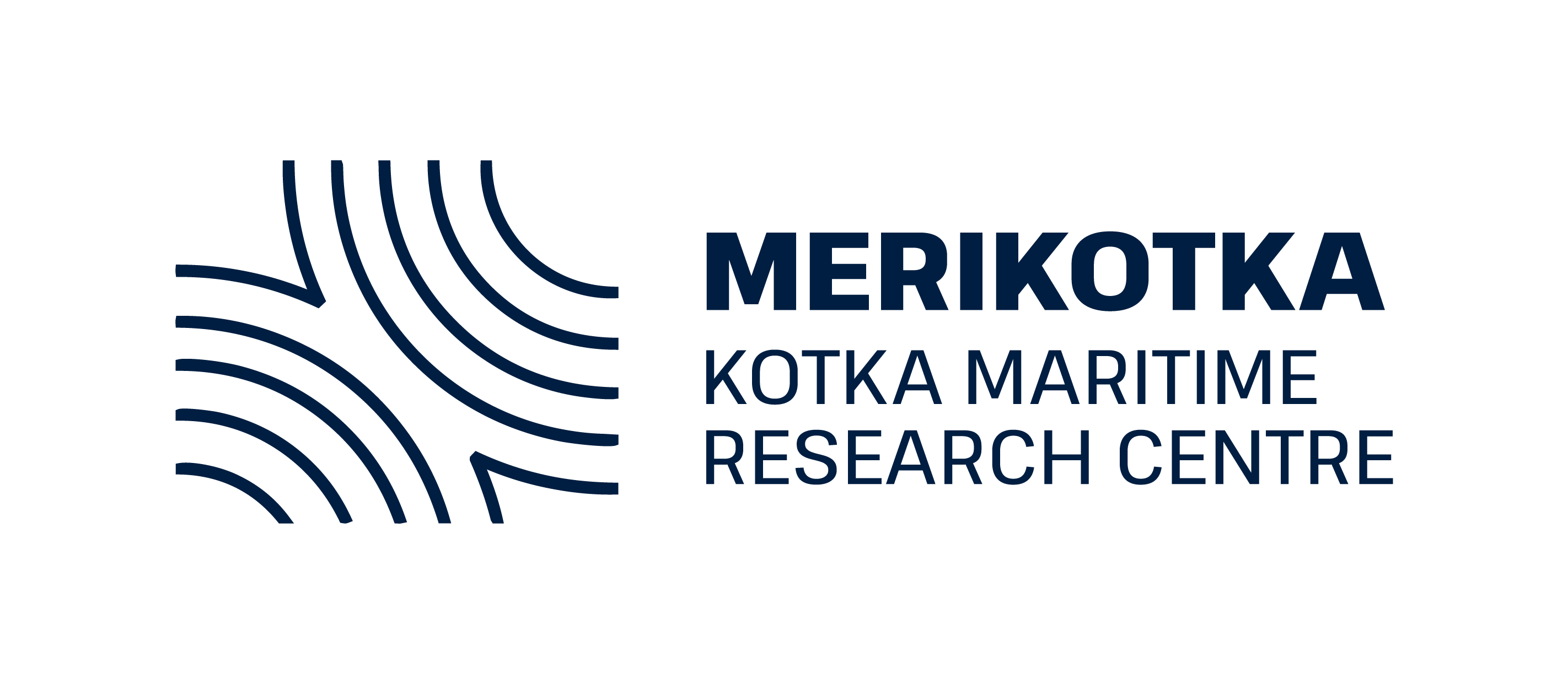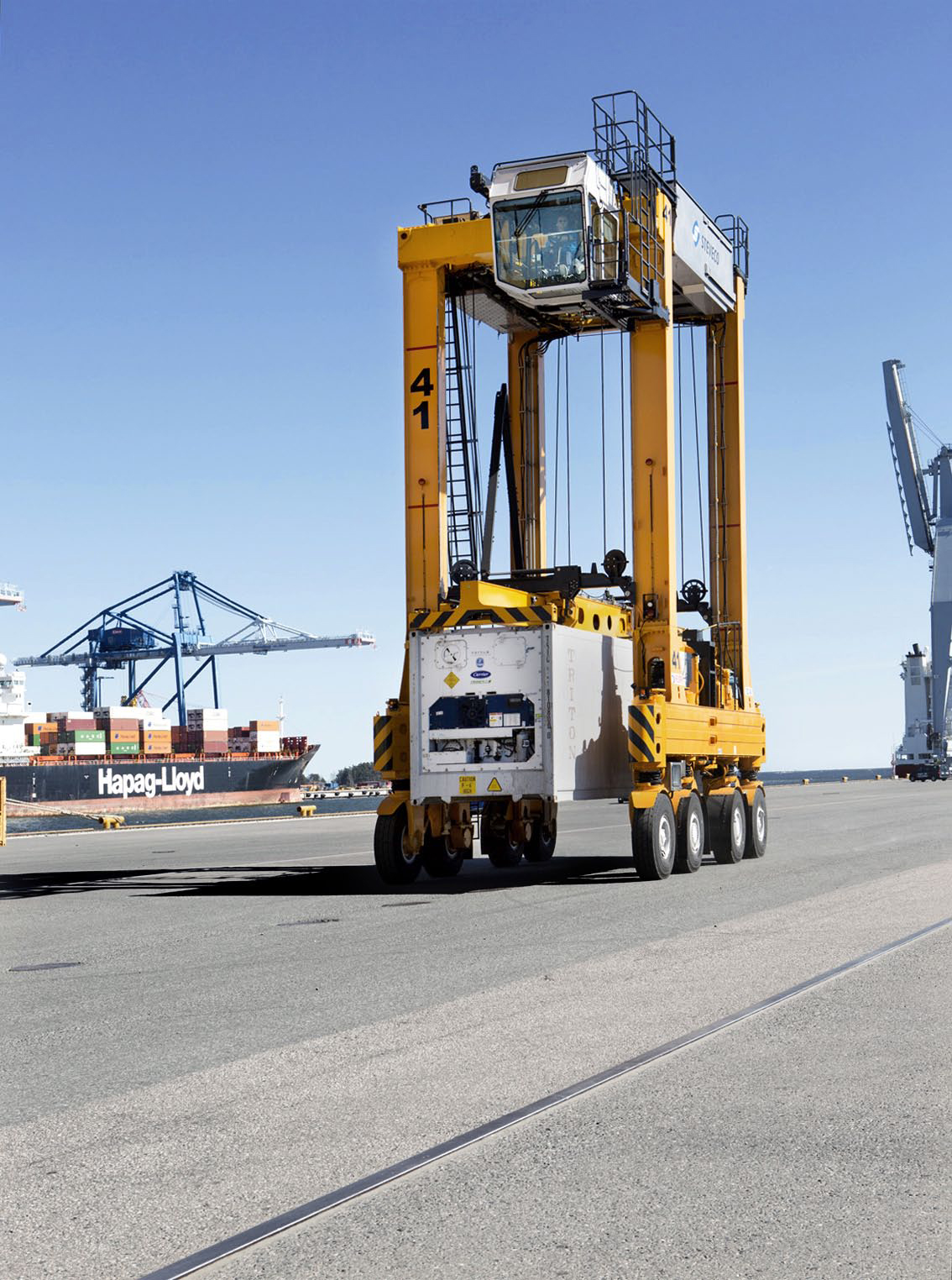Finland’s remote location increases logistics costs for our industry, which is why digitalization is being harnessed to improve efficiency, including in ports. Fully automated cargo processing is not yet realistic, however, given our relatively small cargo flows. Against this backdrop, we must identify digital solutions that allow Finnish ports to streamline their processes as well as improve performance, work safety and comfort.
The DigiPort project aims to generate new research data on port digitalization and endow ports with an operational model based on open data. Using open data, ports can participate in the digitalization trend in a concrete manner, without the need for massive investments. Digitalization progresses in small steps by opening up data which, while already public, is not yet in the form of open data from a technical perspective.
The Mobility as a Service (MaaS) concept is gaining ground also in the cargo logistics sector. The view of traffic policy is that in future, transport modes such as ports must provide data openly for the needs of the entire traffic system. The DigiPort project is doing its part in easing this transition.
New research data to support anticipation and decision-making
We are, firstly, mapping the ways in which data and digital technologies are currently being used in Finnish ports and looking into the reactions digitalization arouses. Data is being collected through a literature review, expert interviews, surveys of ports, an examination of systems currently in use, and workshops organized in Kotka and Turku.
The next phase sees the development of future scenarios, which allow us to gauge the impact on ports of digitalization in traffic, logistics and society at large. We will also be analyzing ways in which the use of data and digital technologies could be increased.
Developing an operational model based on open data for ports
Open data is free, public, digital information in a machine-readable form. DigiPort seeks to develop an operational model which ports can use to publish selected information on their infrastructure as open data. By combining various open and private data sets, it is possible to create new innovations, services and business opportunities for ports.
In collaboration with the project’s pilot ports of HaminaKotka and Turku, we are identifying opportunities and methods for opening infrastructure data. Technical data is already available online on ports’ infrastructures, i.e. their road, rail and waterways, buildings, zones, networks etc. It is only after publication as open data that ports gain control of the validity of the data. With metadata, they can ensure that the data is used in appropriate ways.
Open data is a new phenomenon in ports. We organize training courses for members of the port community in Kotka and Turku, and create a guidebook for opening of data. Opened data sets are saved in a data catalogue, located on a database server established as a part of the project, which is where application developers and other users can find the data along with its metadata.
In order to accelerate the rate of innovation, we are organizing the “Hack the Port” hackathon in spring 2019. The event will see teams of students use open data to develop new services and solutions to problems identified by the port community.
The Finnish Transport Agency provides a comprehensive set of static fairway data and dynamic traffic data as open data for application development. Data flows are typically interrupted when arriving in ports, while the traffic systems of the future will require uninterrupted data flows. For this reason, we are seeking to promote the cooperation between ports and traffic authorities regarding data.
Funding
The project’s total budget is 366,347 euros, funded by the European Regional Development Fund, the Port of HaminaKotka, and the Port of Turku.
Project partners
Kotka Maritime Research Association, Merikotka ry (coordinator)
Southeastern Finland University of Applied Sciences, XAMK
Turku University, Brahea centre, Centre for Maritime Studies
Finnish Information Society Development Centre, TIEKE














